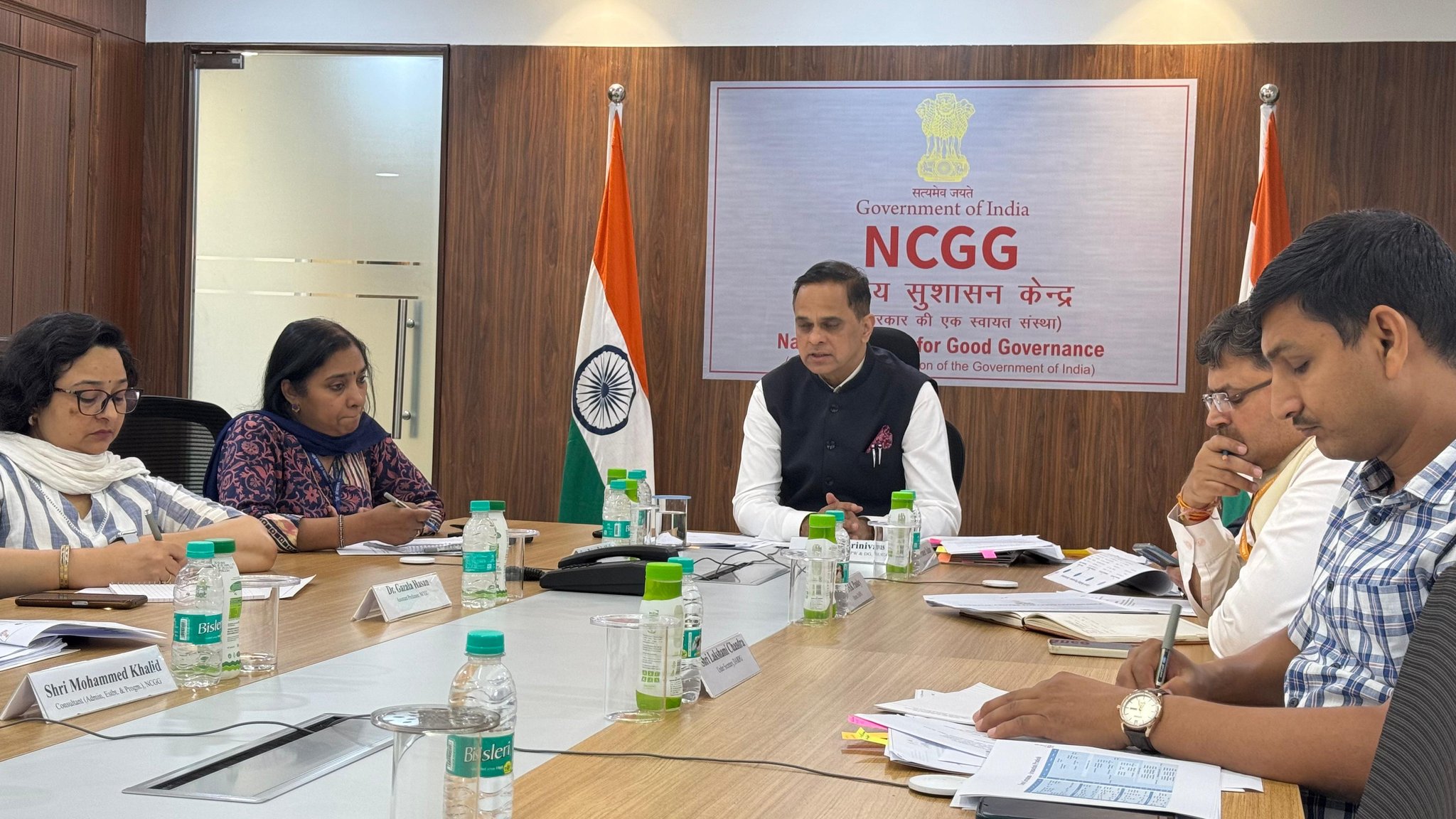New Delhi: V. Srinivas, Secretary of the Department of Administrative Reforms and Public Grievances (DARPG), Government of India, held a video conference meeting with Prof. Nour Mohammad, Director General of the Kenya School of Governance (KSG), to discuss enhancing bilateral collaboration in governance and capacity building. The meeting was attended by senior officials from DARPG, the National Centre for Good Governance (NCGG), the High Commission of India to Kenya, and directors from KSG.
The primary focus of the discussion was to deepen the India-Kenya partnership through joint initiatives between the NCGG and KSG, particularly in the realm of personnel administration and governance. The two sides deliberated on the specific areas of collaboration, which include the capacity building of senior Kenyan officials at NCGG. This collaboration aims to share best practices and innovations in governance.
During the meeting, the Indian delegation highlighted significant reforms undertaken by the Government of India, including the policy of “Maximum Governance-Minimum Government.” This policy has been actualized through various initiatives such as CPGRAMS reforms (Centralized Public Grievance Redress and Monitoring System), the benchmarking of e-Services via the National e-Services Delivery Assessment, and the recognition of exceptional public administration through the Prime Minister’s Awards for Excellence in Public Administration. A detailed presentation on NCGG’s activities and achievements was also shared.
The Kenyan side provided insights into the role of KSG in enhancing the capabilities of Kenyan civil servants. KSG is instrumental in supporting the Kenyan government’s efforts to achieve Vision 2030, which aims to transform Kenya into a newly industrializing, middle-income country providing a high quality of life to all its citizens.
Both parties expressed optimism about the potential of this collaboration to foster greater efficiency and effectiveness in governance. The partnership is expected to benefit from the exchange of knowledge and experiences, ultimately contributing to the administrative excellence of both nations.





